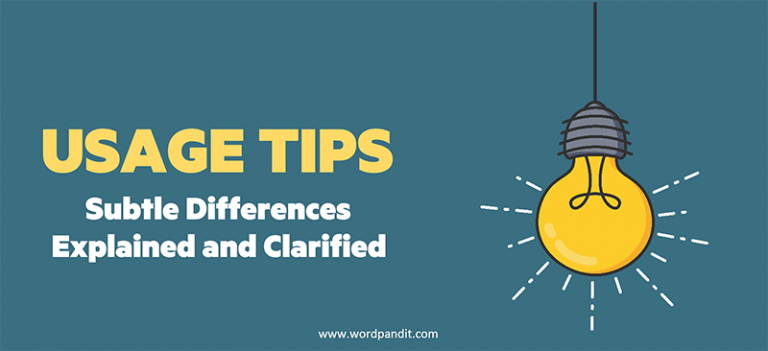Heal vs. Heel vs. He’ll: Clearing the Confusion
Have you ever found yourself wondering whether you need to “heal” or “heel” a wound, or perhaps you’ve been tripped up by “he’ll”? 🤔 You’re not alone. These three words are classic examples of homophones—they sound the same but have very different meanings. Let’s break down the differences so you’ll never mix them up again! 💡
Heal 🏥✨
Definition: Heal means to make or become well again. It often refers to recovery, whether physical, emotional, or spiritual. 💖
Pronunciation: /hiːl/ 🔊
Etymology: The word “heal” comes from Old English hǣlan, meaning “to make whole.” 📜
Usage Example:
- Time will help you heal after the injury. ⏳
- She hopes her broken heart will heal with time. 💔➡️💖
Synonyms: Mend, recover, remedy 🔄
Antonyms: Hurt, damage 🚫
Heel 👠🐾
Definition: Heel can refer to the back part of the foot or shoe. It can also mean to follow closely, often used when training dogs. 🐕
Pronunciation: /hiːl/ 🔊
Etymology: “Heel” derives from the Old English hēla, referring to the back of the foot. 📜
Usage Example:
- The dog’s paws clicked on the pavement as he walked at her heel. 🐾
- She wore high heels to the party. 👠🎉
Synonyms: Spur (in reference to a shoe), follow 👣
Antonyms: Tiptoe (in terms of behavior), lead 🚶♂️
He’ll ➡️👨
Definition: He’ll is a contraction of “he will” or “he shall.” 🔗
Pronunciation: /hiːl/ 🔊
Usage Example:
- He’ll be joining us for dinner tonight. 🍽️
- If you give him time, he’ll finish the project. ⏳✅
Synonyms: He shall, he will 💬
Antonyms: He won’t, he wouldn’t ❌
Comparison and Contrast
Heal is all about getting better, whether it’s a broken bone or a wounded heart. 💔➡️💖
Heel refers to the back of your foot or following behind someone. 👣
He’ll is simply a short way to say “he will.” ⏩👨
It’s easy to mix them up in speech since they all sound identical, but the context will usually give you the clue you need. Imagine your dog needs training: You want the dog to walk at your heel, not heal! 🐕👣 And if your brother says he’ll come help you out, you know it’s about future action, not something to do with shoes. 👞🕒
Mnemonic Devices
- To heal is to feel better. Both words have an “ea,” so think of feeling better when you heal. 😊
- A heel is at the back of your foot, like a high heel shoe. Remember: Heel has two “e’s” like the two feet it refers to. 👠👣
- He’ll has an apostrophe, reminding you it’s a contraction of “he will.” 🔗👨
Contextual Usage
- Heal: She gave herself time to heal after the breakup. 💔➡️💖
- Heel: The heel of her shoe broke on her way to work. 👠❌
- He’ll: He’ll probably buy a new pair tomorrow. 🛍️👞
Related Words
- Whole vs. Hole: Another confusing pair that might catch your eye. 👀
- Steal vs. Steel: Just like heal, steal also ends with “eal,” but watch out! ⚠️
Conclusion
By now, you should have a solid understanding of the differences between heal, heel, and he’ll. 💡 Whether you’re writing about recovery, your shoes, or someone’s future actions, the right word can make all the difference. Keep practicing, and soon you’ll be using these words with confidence. 💪✍️
Test Your Knowledge: Heal vs. Heel vs. He’ll
1. The runner injured his ___ during the marathon.
2. With some rest, her leg will ___ quickly.
3. He’ll is a contraction of he will.
4. Match the synonym to the correct word:
5. He commanded the dog to stay at his ___.
6. Which of the following is the correct phonetic spelling for ‘Heel’?
7. He’ll rest his foot so it can ___ better.
8. Which word comes from Old English meaning ‘to make whole’?
9. The word heel can be used to mean recover.
10. After the hike, she needed time to ___, while her dog stayed close to her ___.













